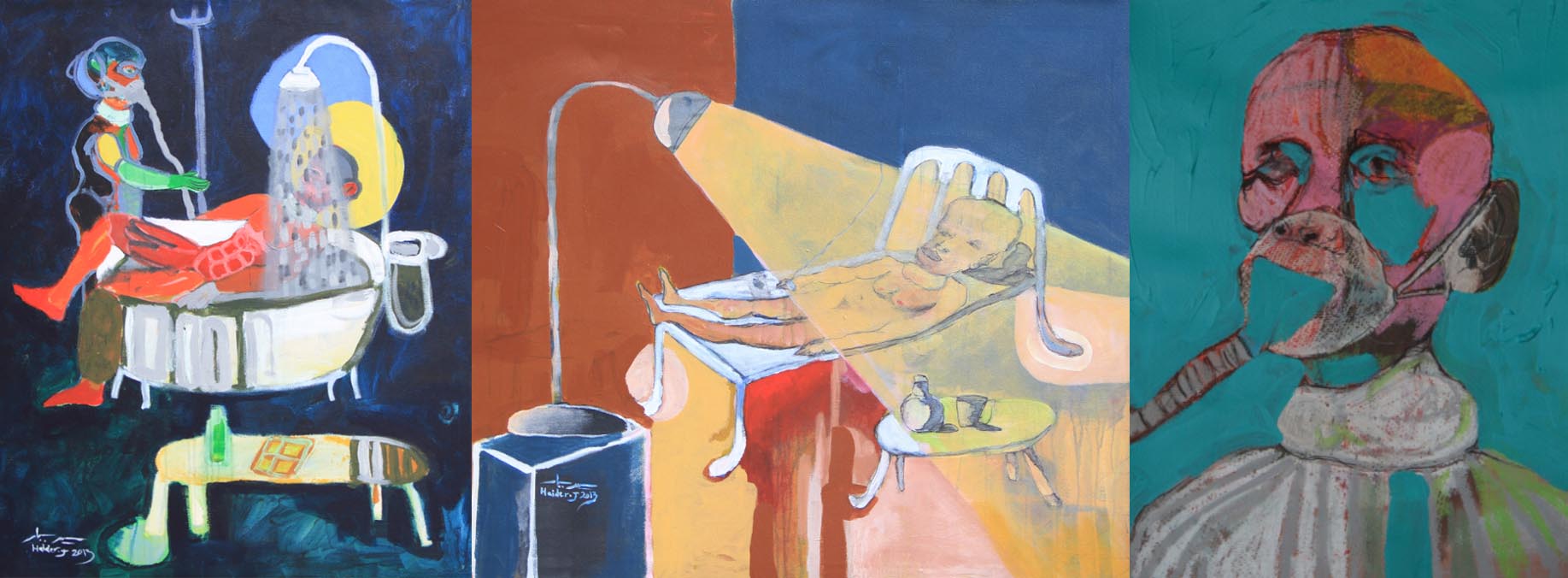What’s up with Covid-19 and the Arab Region?
Nahla Chahal
Professor and researcher in political sociology
Editor in Chief, Assafir Al Arabi
How has our area handled the coronavirus? The three consecutive folders here, which, at the end of the day, make up one sole unit, recount what’s happened in Egypt, Sudan, Tunisia, Algeria, Morocco, Syria, Lebanon, Iraq, Yemen, Palestine, and Mauritania. They aspire to present as comprehensive a picture as possible of life throughout the pandemic, which has lasted for almost two years, and has yet to reach its end. This is a picture that sticks to providing data, information, and numbers but also an analysis that gauges the event labelled “exceptional” and engulfed in much mystery, fear, and pain.
However, far from fearmongering, the Covid-19 pandemic does not look that exceptional. All over the world, authorities approached its grievous repercussions “with the best they’ve got”, that is, with a patchwork approach, but also especially by avoiding the discussion around the structural defects that have rendered this management maladroit and inept. First, previously achieved accomplishments that had generally rendered the principle of “the right to health” a basic right, even if to various extents and however minimally applied, have now been ditched in the most industrialised countries of the world. Over the past three or four decades, they have been gradually abolished to make place for privatisation that spread like wildfire, humans that tamper with nature and its equilibrium, desecrating it as masters of the universe, permitted to violate anything they liked, from resource exploitation, ecological disasters, criminal experimentation, to shameful gaps in medical provision and treatments observed in their response to the pandemic. These are gaps that emerged between countries worldwide but also within each country, each left to play by its own classist, regional, and sometimes racial considerations, which WHO considered an “ethical disaster”.
Even before the pandemic ends, there are already projections of a successor to the coronavirus, with reminders that the latter hasn’t sprung out of nowhere, and that sanitary, epidemic, environmental, and climate disasters are now successive to a point of ominous annihilation. This is the result of a classist social structure, not a mysterious magic spell.
Besides, what seems to be a conscious awakening that set out with the coronavirus outbreak – the latter reaping lives, destroying the economy, and obstructing life’s basic constituents – does not seem to be a sustainable one. Such wakefulness has yet to be pushed forward, along with the promises made to hearten people to be patient, like the right to health for all, and those reassurances given to medical personnel in order to ensure their continued devotion to the Covid-19 response efforts.
There is yet no indication that the lessons learned from such a circumstance will be serious enough to change anything in this scandalous social structure, founded on exploiting resources and humans to the largest extent possible, resulting in misery, wars, and all other forms of customary devastation. Rather, in an attempt to distract, the “source” of the coronavirus is now being playfully debated, making it up to be a random exceptional event, rather than the result of intricate and predictable realities.
Tunisia
Lebanon
Syria
Sudan
Iraq
Morocco
Algeria
Algeria: Healthcare in Times of Covid-19
06-06-2021
Yemen
Covid-19 in Yemen: A Weaponless Battle
08-06-2021


